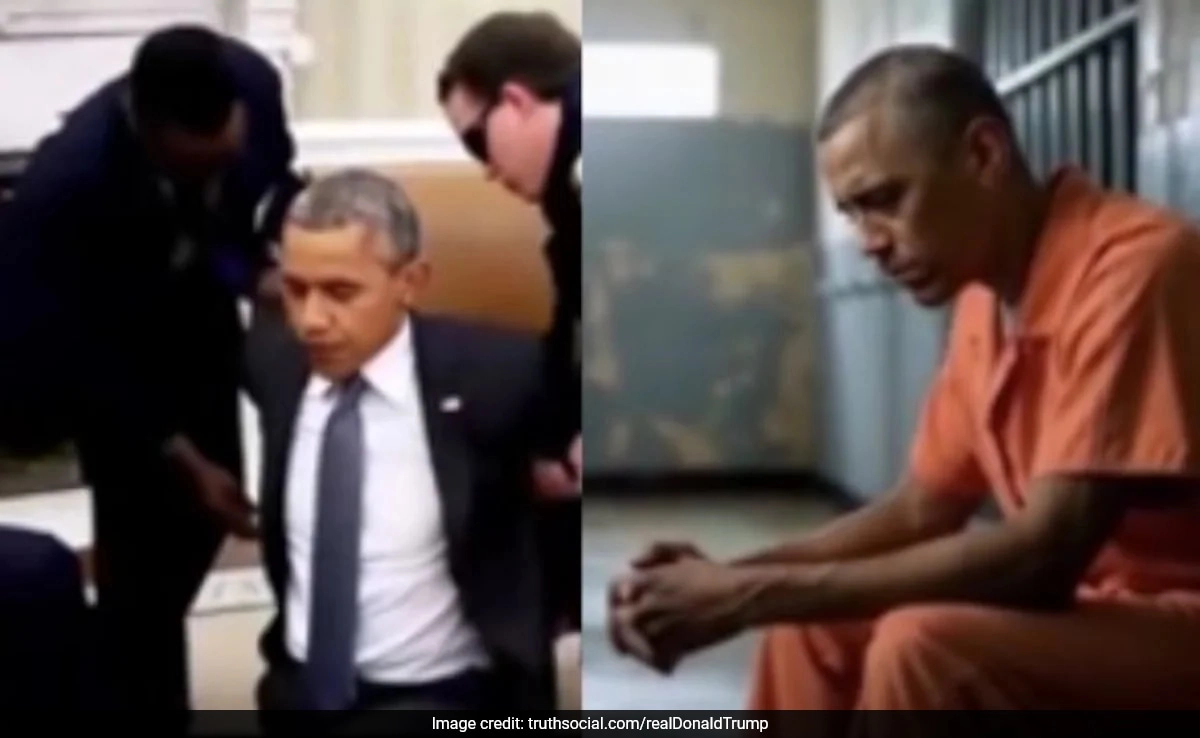Iran’s Foreign Minister has expressed a strong opinion regarding the ongoing US-Iran nuclear negotiations, labeling them as a potential “cover-up” for an impending military action by Israel against Iranian interests. This assertion raises critical concerns about the transparency and intentions behind diplomatic discussions aimed at curbing Iran’s nuclear ambitions. The Foreign Minister’s remarks suggest a deep-seated mistrust towards both the United States and Israel, casting doubt on the sincerity of the negotiations. This perspective highlights the complexities of international diplomacy in the region, where historical tensions and geopolitical rivalries often overshadow efforts for peace.
The backdrop of these talks is fraught with urgency, as the potential for conflict looms large. Iran’s nuclear program has long been a point of contention, with Western nations fearing the development of nuclear weapons capabilities. In contrast, Iran insists that its nuclear activities are purely for peaceful purposes. The Foreign Minister’s comments imply that while the U.S. engages in discussions aimed at regulating Iran’s nuclear program, there may be ulterior motives at play, particularly from Israel, which views a nuclear-armed Iran as an existential threat. This duality of negotiation and potential military action complicates the landscape, making it challenging to ascertain genuine progress towards diplomatic resolutions.
Moreover, the notion of the talks serving as a “cover-up” introduces a layer of skepticism about the role of diplomacy in conflict resolution. If the intent behind these negotiations is indeed to mask preparations for military intervention, it could undermine trust and further escalate tensions between Iran and Israel, as well as between Iran and the U.S. Such a scenario would not only destabilize the region but also complicate international relations, as allies and adversaries alike would be forced to reevaluate their positions and strategies. As the situation evolves, the global community remains watchful, understanding that any misstep could lead to significant consequences, highlighting the fragile nature of peace in a historically volatile region.
In conclusion, the Iranian Foreign Minister’s assertion that the U.S.-Iran nuclear talks may be a façade for Israeli military aggression underscores the intricate balance of diplomacy and defense in the Middle East. It reflects the pervasive distrust that characterizes relationships among nations in this region, where the stakes are extraordinarily high. As negotiations continue, the world watches closely, hoping for a resolution that averts conflict while addressing the legitimate security concerns that drive the actions of all parties involved. The path forward will require not only diplomatic finesse but also a commitment to transparency and mutual understanding to foster lasting peace.




